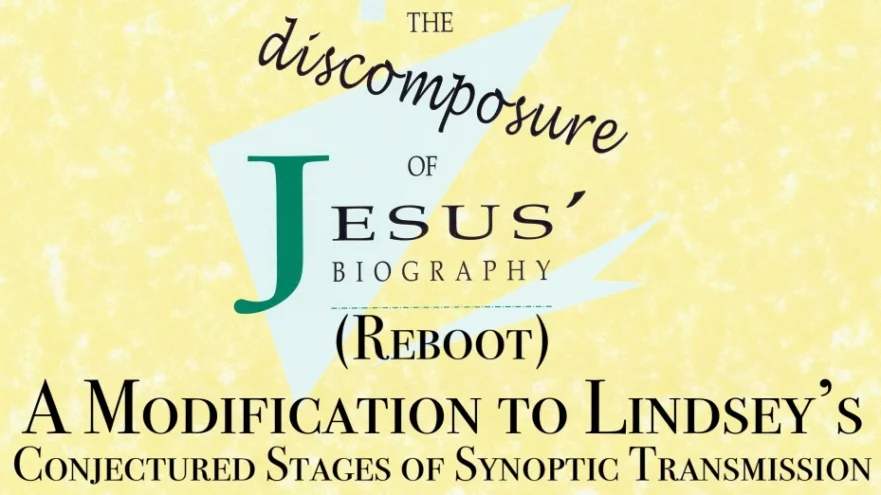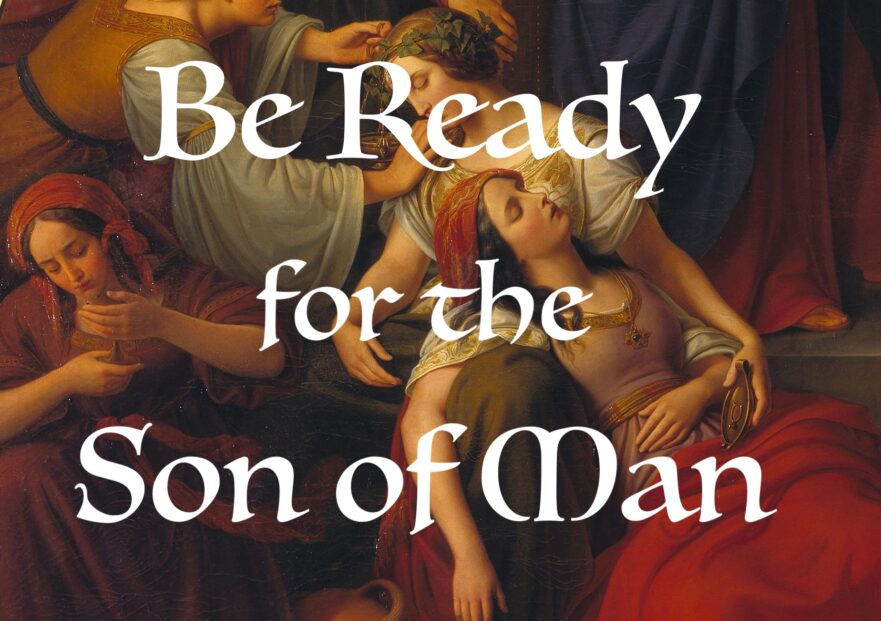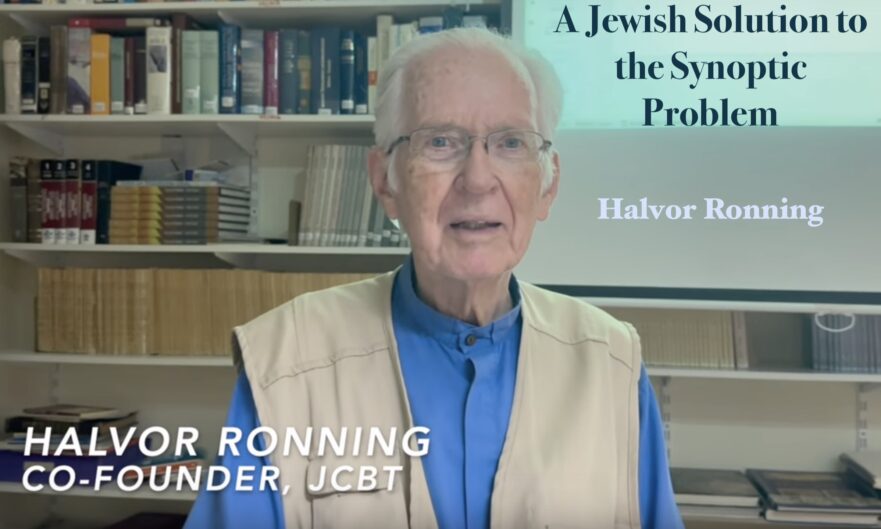How did the Hebrew biography of Jesus disintegrate into the isolated pericopae that make up the Synoptic Gospels?
Refusing John the Baptist
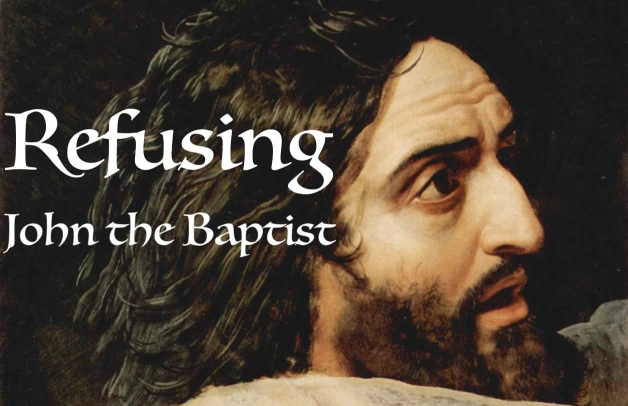
An early Christian critique of those who rejected John the Baptist and his message.
Wildfires in the Jerusalem Hills

Recent wildfires consumed natural forest, woodland, and open areas in the hills of Jerusalem.
Man With Edema
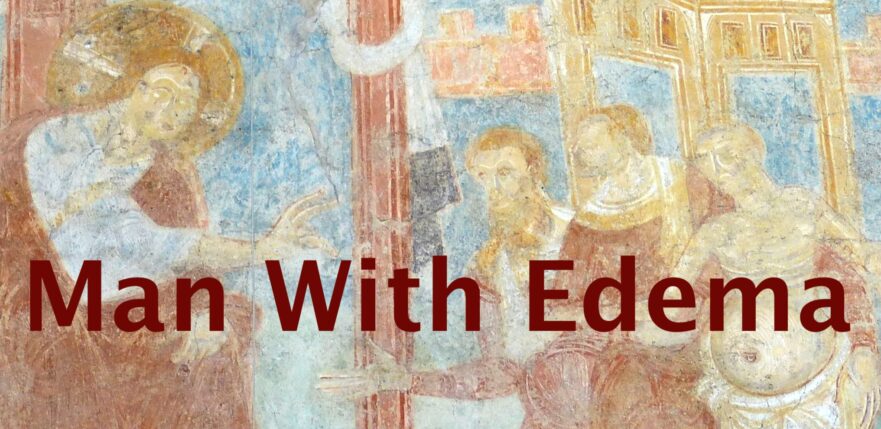
According to Jesus God sets aside his divine prerogatives in order to alleviate human suffering.
“Wonders and Accusations” complex
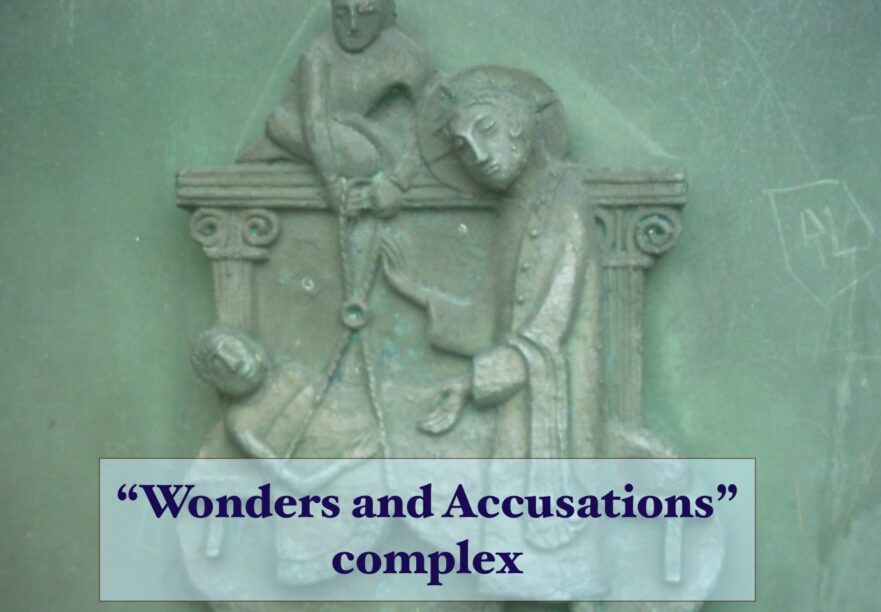
A collection of stories about Jesus’ healing power and the controversy it provoked.
Faithful or Faithless Slave
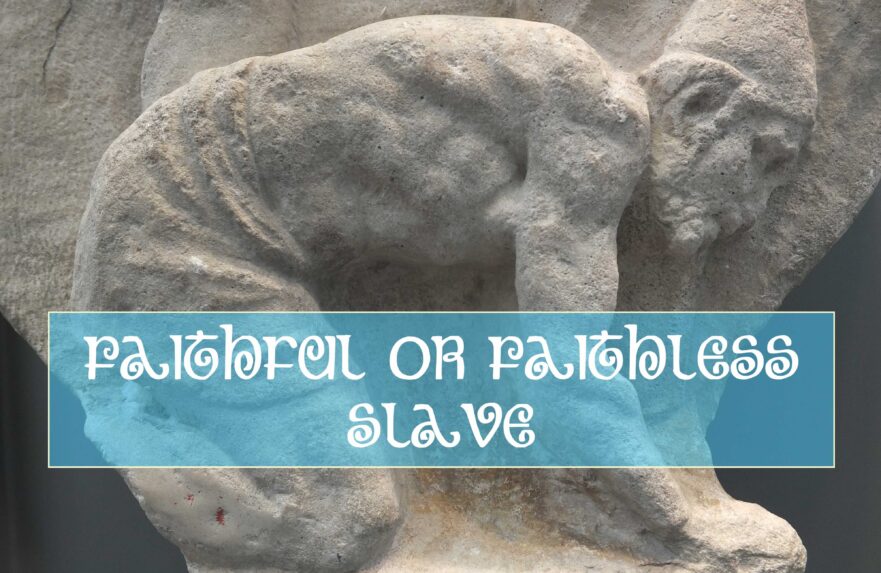
In Faithful or Faithless Slave Jesus encouraged his disciples to emulate Moses, the faithful slave in all God’s house.
Unexpected Thief

A householder might be surprised by a thief, but those who know the Son of Man is coming need not be caught unawares.
Waiting Maidens Parable
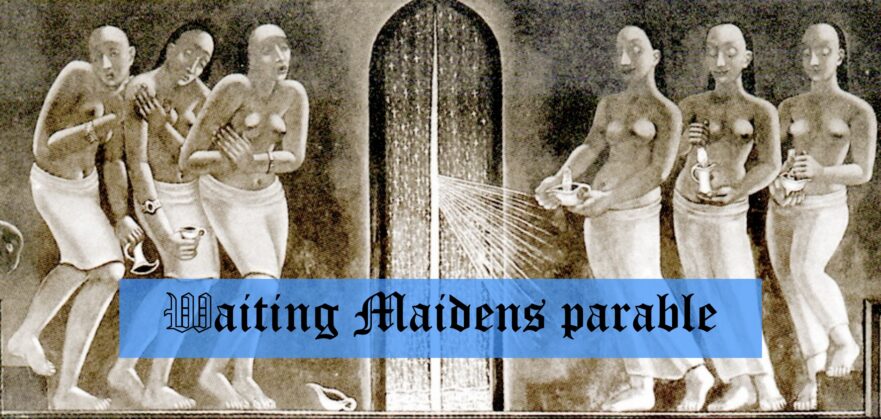
In the Waiting Maidens parable Jesus warned his listeners not to behave like the foolish maidens who forgot to bring oil for their torches.
The Seven Types of Pharisees and the Fear of God in the Synoptic Gospels
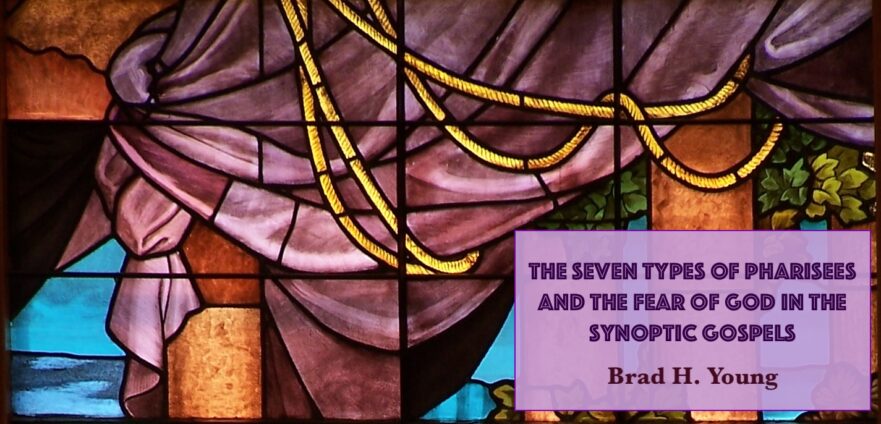
Ancient Jewish sources attest to a debate over which motivation for keeping the commandments—fear or love—was most highly to be esteemed. This debate surfaces, among other places, in the Talmudic discussions of the seven types of Pharisees. These seven types and the debate over love versus fear illuminate important aspects of Jesus’ teaching.
JP Celebrates David Bivin’s 85th Birthday
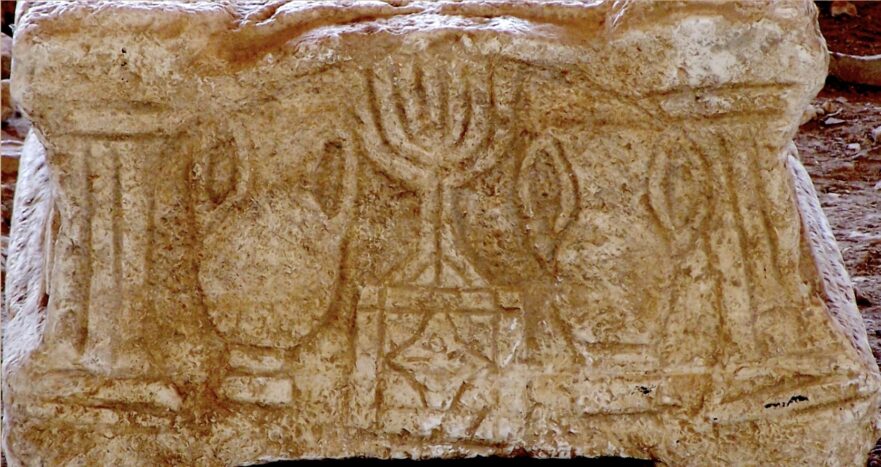
To honor David on this special occasion several authors of Jewish and Christian backgrounds contributed articles to JP.
The Sin Against the Spirit: Matt. 12:31-32; Mark 3:28-29; Luke 12:10

Jesus’ saying about the sin against the Holy Spirit belongs to developing Jewish ideas regarding the gradation of sin and punishment. It also reflects his high self-awareness.
From the Galilee to Jerusalem: Luke as a Source for the Routes of Jewish Pilgrimage

Luke’s Gospel preserves valuable evidence of pilgrimage routes that would have been utilized by Jewish pilgrims in the Second Temple period.
Plant a Tree in Israel to Honor David Bivin
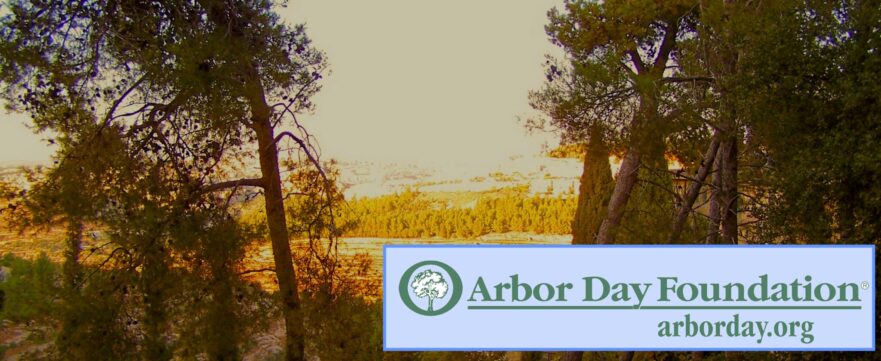
With a donation of $18 a tree will be planted in Israel in David’s honor as a lasting tribute to his lifetime of achievement.
‘Look at…all the trees’: Trees in the New Testament Gospels
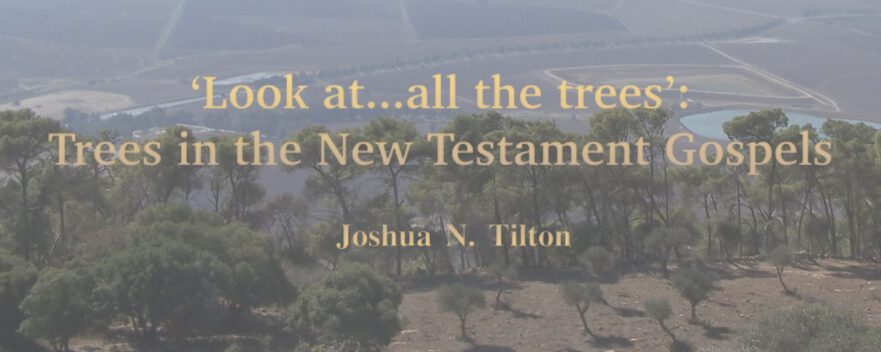
An examination of the role trees play in the New Testament Gospels.
He Could No Longer Openly Enter a Town: A Synoptic Study in Light of an Early Luke
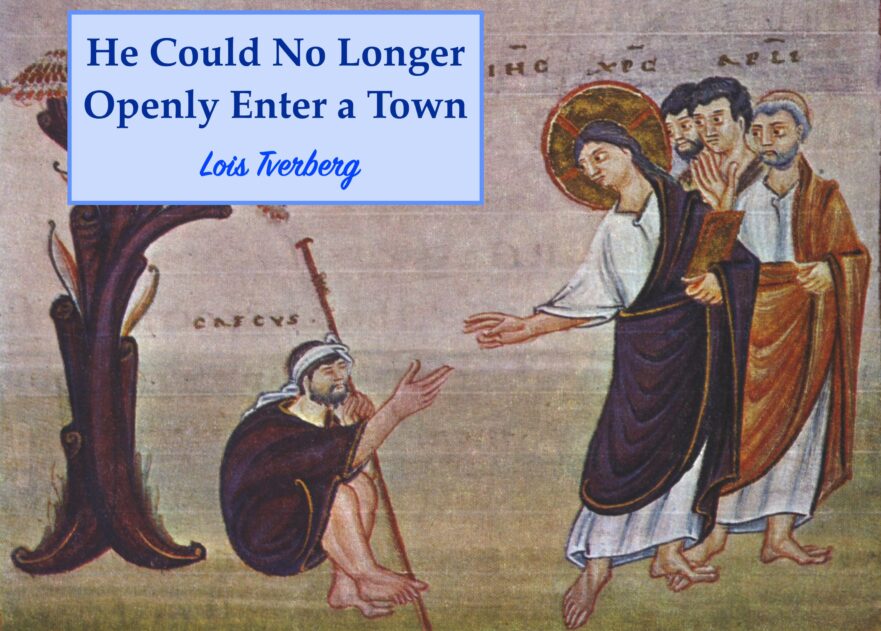
According to Mark, after one of Jesus’ very first miracles, Jesus would no longer openly approach a town in public, but instead avoided the crowds who continually sought him out.
The Expectation of Sabbatical Redemption within Ancient Judaism and Luke-Acts
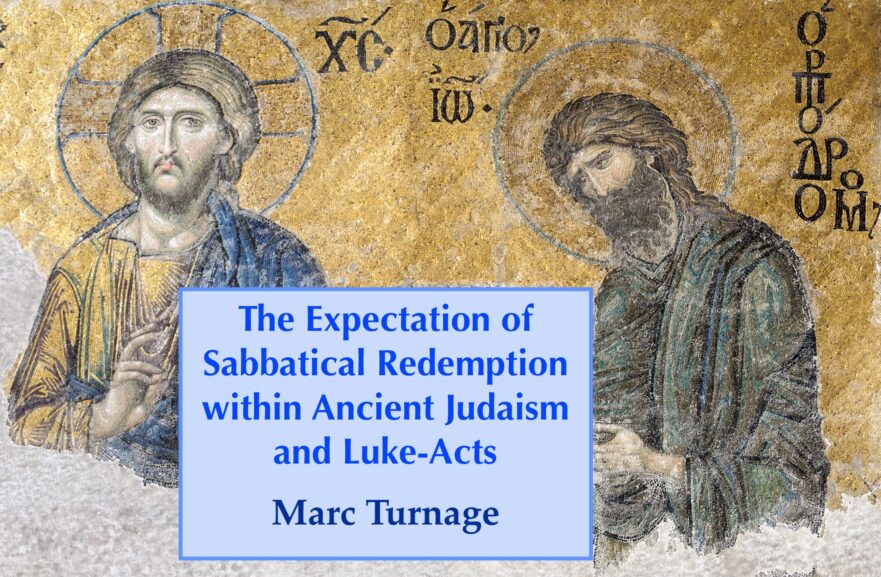
Luke-Acts attests to the connection of the movements of John the Baptist and Jesus to ancient Jewish hopes of sabbatical redemption.

